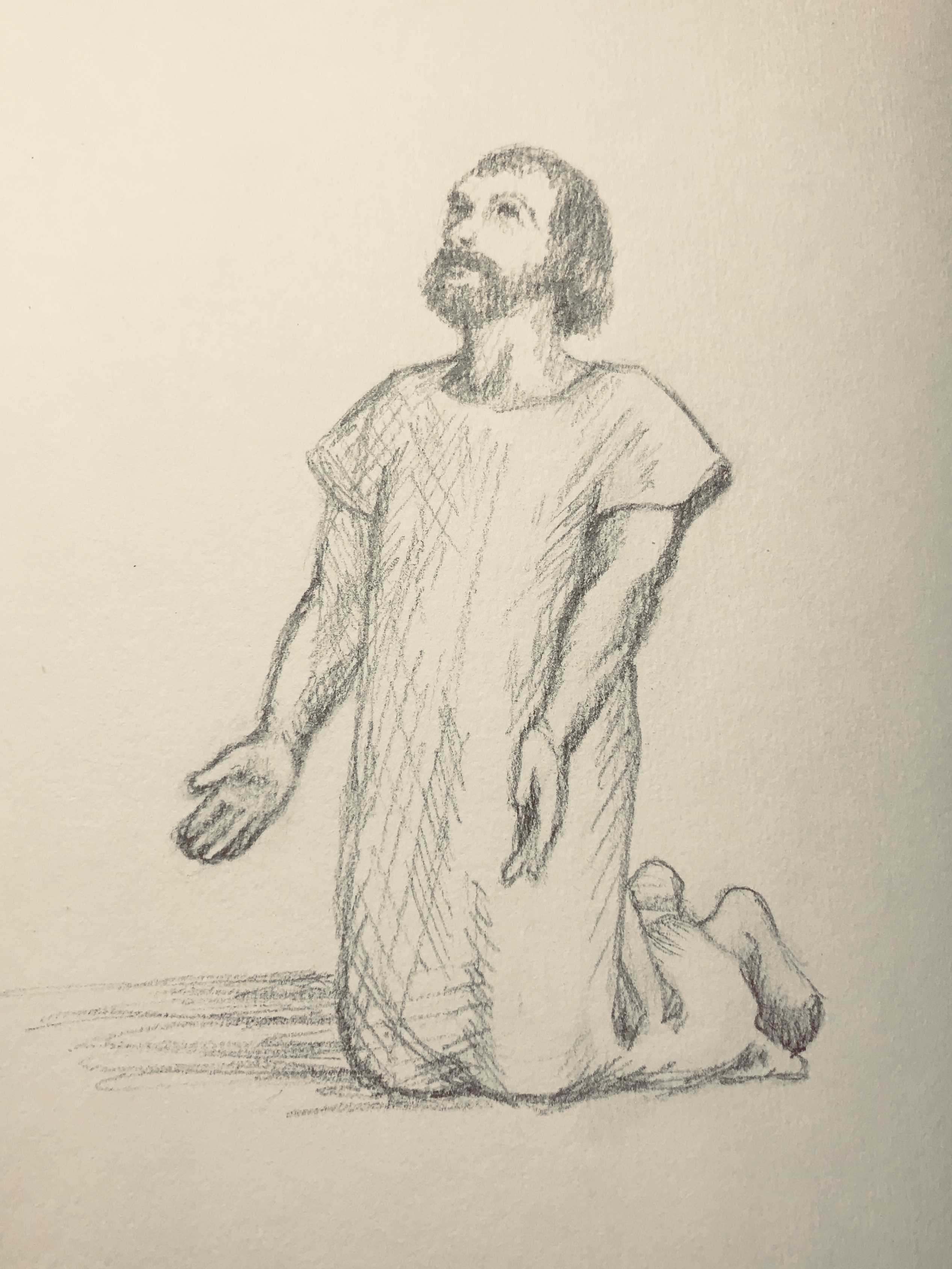
The prophet Elijah is one of very few people said to have been assumed into heaven. There is of course the Blessed Virgin Mary, some speak of Moses, others of Saint John the Apostle. The only one clearly indicated in the scriptures is the assumption of Elijah. Not only is it a unique occurrence, it is also fairly dramatic with blazing horses and chariot. As Elijah is taken up into heaven, he leaves everything behind – even the prophet’s mantle. Even the amazing office of prophet is useless and of little importance in heaven. When we come before God, we will appear in all our miserable plainness. We will be naked in our broken personhood before the majesty of perfection itself. The only light that will shine from our being is that light of faith and trust in God’s mercy that He Himself planted in our hearts. The more we’ve trusted in that mercy in this life, the brighter we will shine at the moment of judgment.



